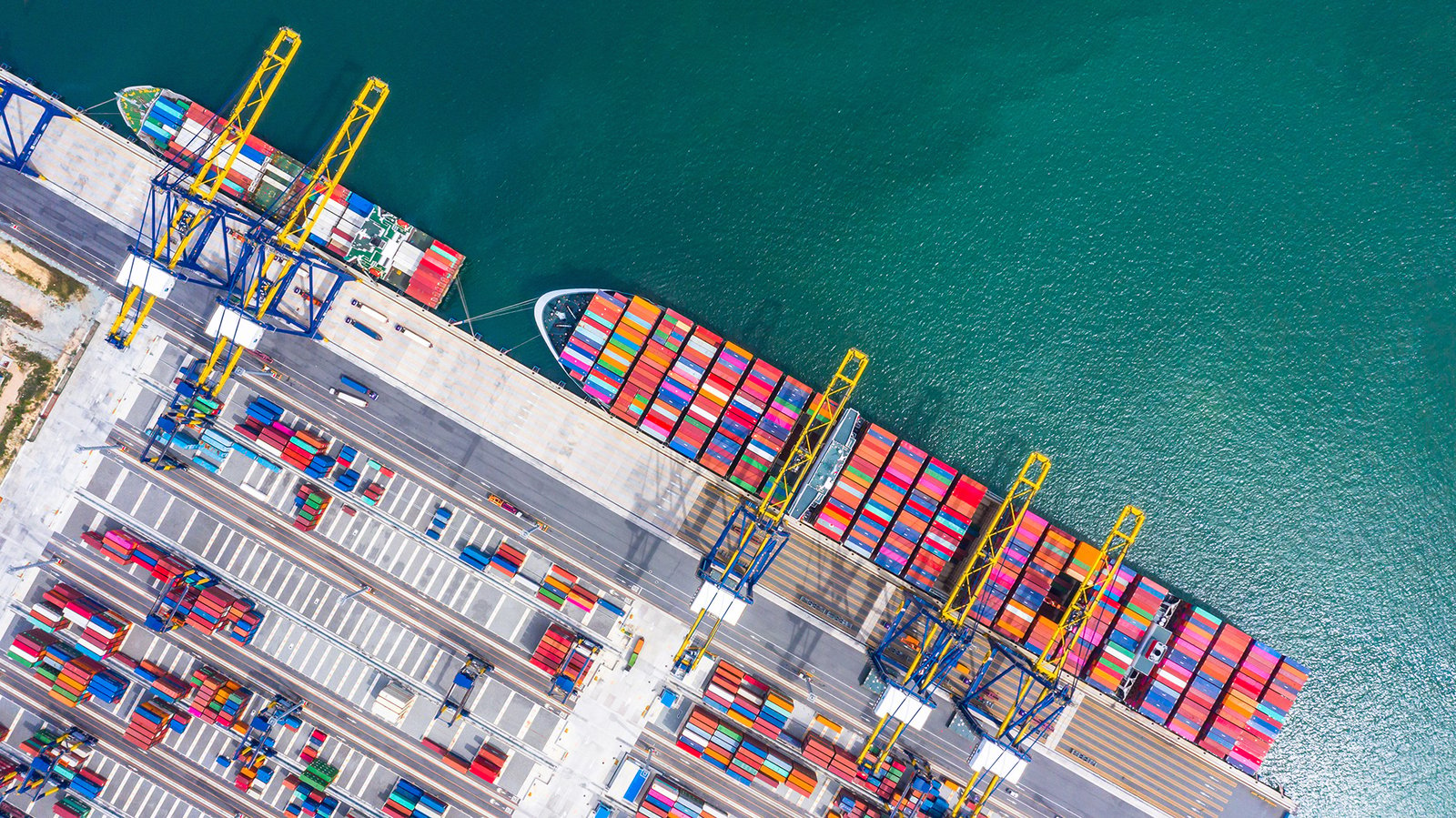General Average in a nutshell
InsightsArticle6 May 2022
Declaring General average
General average is a global maritime industry loss mitigation convention whereby ship owners and cargo interests proportionately contribute to fully reimburse those in the venture who sustained loss or damage in preventing the total loss of a vessel, crew and its cargo. Undamaged interests must confirm their contribution by way of a financial guarantee before their cargo or interest is released while their final contribution is calculated, sometimes years later.
General average losses require the coordination of both local and global marine claim professionals. Marine claim experts locally must manage the loss and interact with local authorities while global resources assist in arranging the financial guarantee security and communicating with the various interests involved in the venture.
This is, in part, directly attributable to the lay-up of the world fleet during the economic downturn.
The majority of general average claims are the result of engine failures and mechanical breakdown of a vessel. Some claims are directly attributable to the state of the economy. If freight rates are robust and business is good, it makes a lot of sense to keep the vessels running and properly maintained. In an economic downturn, vessels are often poorly maintained, or not maintained at all. When the economy starts to recover, these vessels are brought back into service without any major refits or significant maintenance, resulting in an increase in breakdowns and fires.
Of course, this depends on the carrier, and some are much better at maintaining their fleets than others.
This material is general information only and should not be relied upon as legal advice. You should seek professional legal advice before acting on any of the material above.
General Average - Scenarios
If a cargo ship’s master voluntarily sacrifices part of the cargo, equipment or funds from the ship to save the voyage, then all parties involved in the venture (including all cargo owners) are required to make a proportional contribution to cover the costs incurred. This is known as General Average. This legal principle under maritime law can be declared by the vessel owner under specific circumstances.
What if a ship is grounded due to bad weather and your cargo is delayed? You may wish to arrange for another vessel to transport the cargo to its final destination. But you may have to compensate the other cargo owners to release your own cargo, because you are liable for part of the damage sustained in the incident by vessel and other cargo. These risks can be covered by marine cargo insurance.
What if your cargo is lost overboard due to bad weather or a voluntary jettison to save the vessel’s voyage? You have lost your cargo and will need to arrange for new production or replacement. Potentially you will suffer a commercial loss due to being unable to fulfil your clients’ demands. These risks can be covered with marine cargo insurance.
What if your goods were salvaged and stayed undamaged, but the cargo of another owner had to be thrown overboard to save the vessel? When a General Average is declared by the ship’s master, your cargo would not be released until you put up a cash bond or your cargo insurer puts up a General Average guarantee. These risks can be covered with marine cargo insurance.
An insurance company that has marine specialists will be of great value in the event of a General Average claim. Expert knowledge, local claims service and a reputation of financial strength will assist in a speedy resolution of the claim, minimising the disruption you experience.
This material is general information only and should not be relied upon as legal advice. You should seek professional legal advice before acting on any of the material above.


